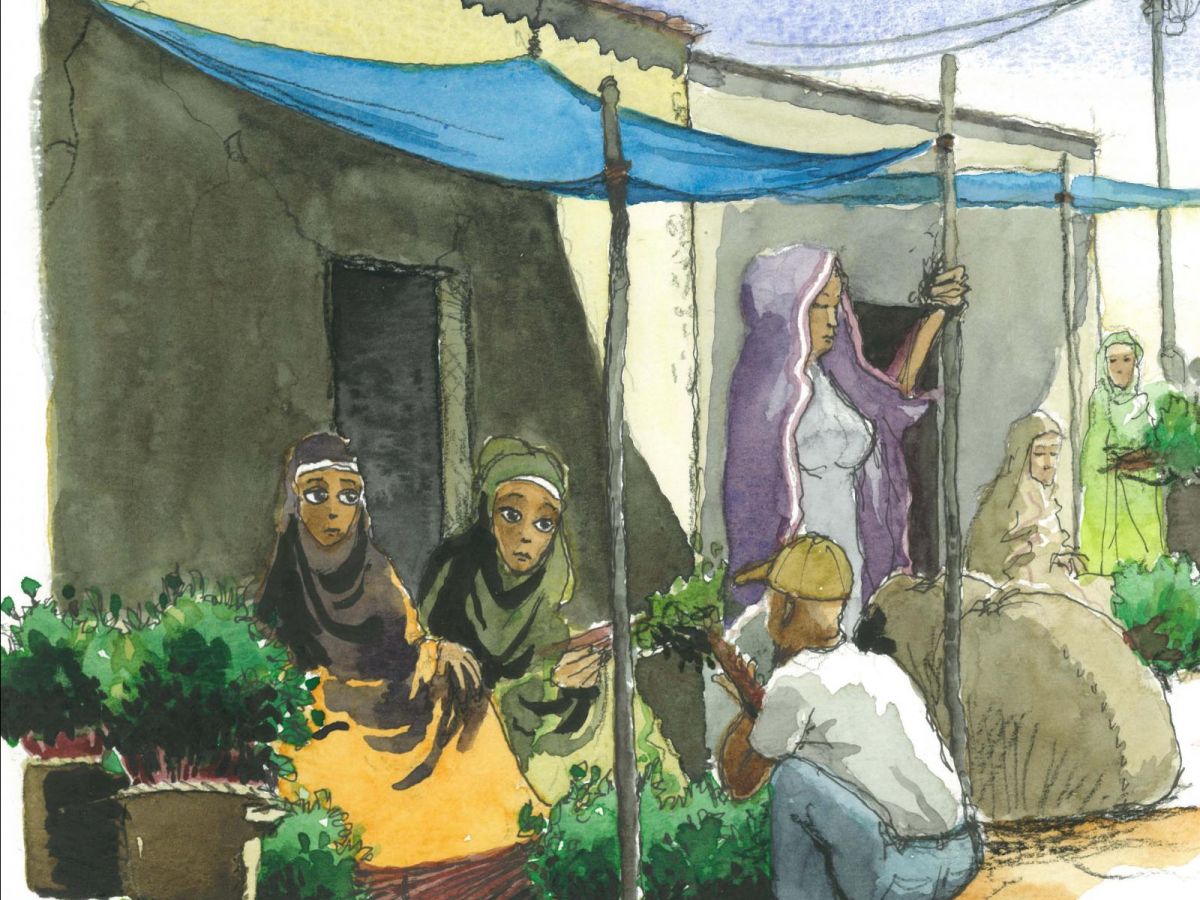Khat has had the status of a drug in France for almost 70 years. This plant, whose leaves produce a euphoric, stimulating and appetite-suppressing effect on those who chew it, has been listed among our narcotics since 1957. At that time, France had colonies in East Africa: a strategic port, Djibouti, and the neighboring region, then known as the French Somali Coast.
When Ethiopian diasporas settled in North America, the Middle East, Europe and Australia in the following decades, driven out by wars, repression or economic difficulties, they took khat consumption with them. The response of these host societies was not long in coming: the plant with amphetamine properties joined their lists of psychoactive substances banned from use and importation. Khat is now perceived in this globalized world as a drug, while in Ethiopia, it is a key economic resource as important as coffee.



